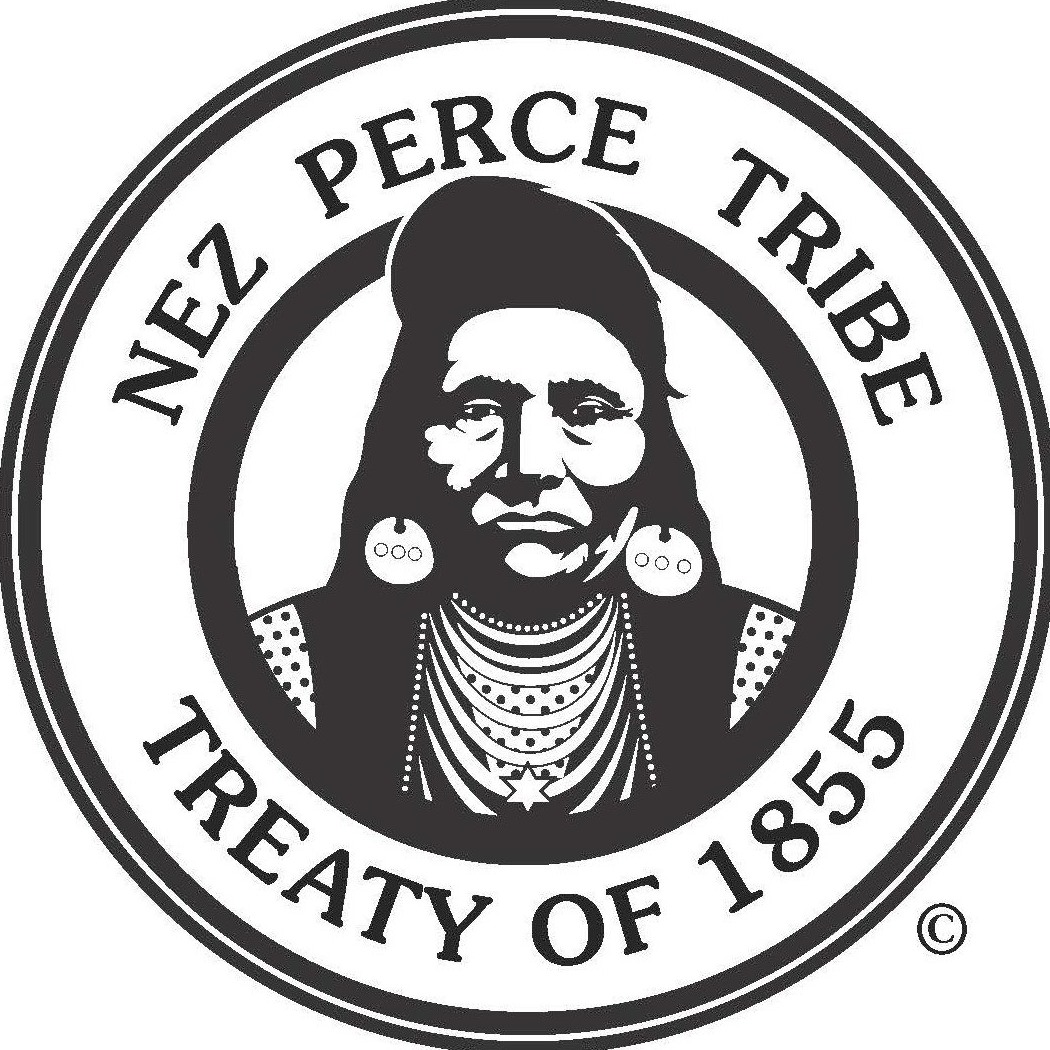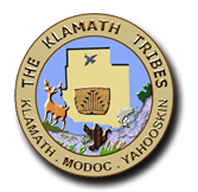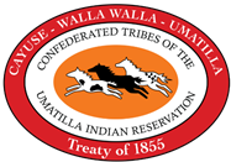Region X Vocational Rehabilitation Coalition (RXVRC)
Since fall 2014, the Region X Vocational Rehabilitation Coalition (RXVRC) has provided ongoing peer-to-peer support amongst seven VR agencies across the region, along with informal consultations with CCER staff. In addition to state VR agencies, partners include State Rehabilitation Councils, Client Assistance Programs, Tribal VR Programs, and Rehabilitation Counseling Educators, bringing a broad perspective to our regional efforts. The following outline lists three tiers of RXVRC services and activities:
Tier 1: Basic Level of Support
The glue that holds things together and allows us to stay in touch. Based on fees or negotiated contracts. Activities at this tier include:
- Yearly regional gathering of VR Directors, Deputy Directors, VR Direct Service Deputies, TVR Directors, State Rehab Councils (SRCs), Client Assistance Programs (CAP), Directors, Rehab Counselor Educators, and/or other specified internal VR staff and partners.
- Monthly VR/TVR Director calls.
- Monthly/quarterly Community of Practice calls supporting VR Administration, Program Managers, and direct service staff. Examples are VR Trainers, Pre-ETS, Community Rehab Program (CRP) Managers, Business Enterprise Program (BEP) Directors, Orientation and Training Center (OTC) Directors, Program Evaluators, Business Engagement Specialists, and VR Counselors.
- Consultations to address/troubleshoot strategic challenges and/or help to access other resources/consultants as needed. (If these develop into larger projects, they will require negotiation of a service agreement.)
Tier 2: Addressing Needs Shared Across Agencies/States/Regions
Professional development activities that include multiple agencies or are open enrollment. Based on registration fees or negotiated contracts. Past examples include:
- RSA Monitoring
- CANAR
- Leading in Uncharted Territories
- Emerging Leaders Series
Tier 3: Contract Work for Individual Agencies
Professional development activities provided to one agency or group. Based on negotiated contracts. Past examples include and not limited to:
- Comprehensive State Needs Assessment (CSNA)
- CRP Rate Study
- TVR Program Evaluation
- In-Service Conference Planning
-
Leadership training
- Authentic Leadership Development
- Aspiring Leadership Instruction
-
Foundations of Rehabilitation Instruction
- 40 foundational courses related to medical aspects, psychosocial aspects, and vocational considerations of disabilities and medical conditions
- VR process-oriented courses, such as counseling and guidance, comparable benefits / community resources, online career exploration / job search, business engagement, community resources, and ethics
- Additional courses can include effective communication strategies, Motivational Interviewing, behavior change, trans-theoretical model, self-determination, and the Americans with Disabilities Act (ADA)
Members and Partners of the RXVRC
Sponsoring Members of the RXVRC:
- Alaska Division of Vocational Rehabilitation
- Idaho Commission for the Blind and Visually Impaired
- Idaho Division of Vocational Rehabilitation
- Oregon Vocational Rehabilitation
- Oregon Commission for the Blind
- Washington Division of Vocational Rehabilitation
- Washington State Department of Services for the Blind
.jpg)

.png)

.png)

.png)
Partners of the RXVRC:
.png)
Tribal Vocational Rehabilitation Programs, Region X
-
Alaska
- Association of Village Council Presidents
- Aleutian Pribilof Islands Association
- Bristol Bay Native Association
- Cook Inlet Tribal Council, Inc.
- Kawerak, Inc.
- Metlakatla Indian Community
- Kodiak Area Native Association
- Tanana Chiefs Conference TVR Program
- Central Council Tlingit & Haida Indian Tribes of Alaska
- Inupiat Community of the Arctic Slope
- Maniilaq TVR Program

-
Idaho
- Coeur d’Alene Tribe
- Shoshone-Bannock Tribes
- Nez Perce Tribe

-
Oregon
- Confederated Tribes of Grand Ronde
- Warm Springs TVR Confederated Tribes of Warm Springs
- Klamath Tribes
- Confederated Tribes of the Umatilla
- Confederated Tribes of Siletz Indians


-
Washington
- Confederated Tribes of the Colville Reservation
- Lummi Nation
- Samish Indian Nation
- Nisqually/Squaxin Island Tribes
- Spokane Tribe
- Confederated Tribes of the Chehalis Reservation
- Stillaguamish Tribe of Indians
- Yakama Nation
- Cowlitz Indian Tribe
- Skokomish Indian Tribe
- Lower Elwha Klallam TVR Program
State Rehabilitation Councils
- Alaska State Vocational Rehabilitation Committee
- Idaho State Rehabilitation Council
- Oregon State Rehabilitation Council
- Washington State Rehabilitation Council
- Washington State Rehabilitation Council for the Blind

Client Assistance Programs (CAPs)
- Alaska Client Assistance Program
- Idaho Client Assistance Program
- Oregon Client Assistance Program
- Washington Client Assistance Program


Rehabilitation Counseling Educators
- Idaho State University
- Portland State University
- Western Oregon University
- Western Washington University
- Utah State University


National Partners
- CANAR - Consortia of Administrators for Native American Rehabilitation
- CSAVR – Council of State Administrators of Vocational Rehabilitation
- NCSRC - National Coalition of State Rehabilitation Councils
- WIOA – Workforce Innovation and Opportunity Act
- AIVRTTAC - American Indian Vocational Rehabilitation Training and Technical Assistance Center + TVR Institute

.jpg)
RXVRC Community of Practice meetings
One of the activities of the RXVRC is the regular community of practice meetings. Community of practice (COP) meetings provide VR professionals who have similar roles or duties an opportunity to come together and share updates and information with one another throughout the year. The COPs help to keep VR professionals connected across the region, learning from and encouraging each other. CCER staff convene the COPs and manage the members lists and invitations. More information about a community of practice can be found online at:
- Creating Communities of Practice by Edmonton Regional Learning Consortium (ERLC)
- Communities of practice, a brief introduction by Etienne Wenger [PDF]
- What is a Community of Practice? (And Why You Need One) by Forbes Magazine
For more information about our tiers and types of services, contact Kelly Franklin, Director of VR Projects and Services, kjf7@uw.edu.